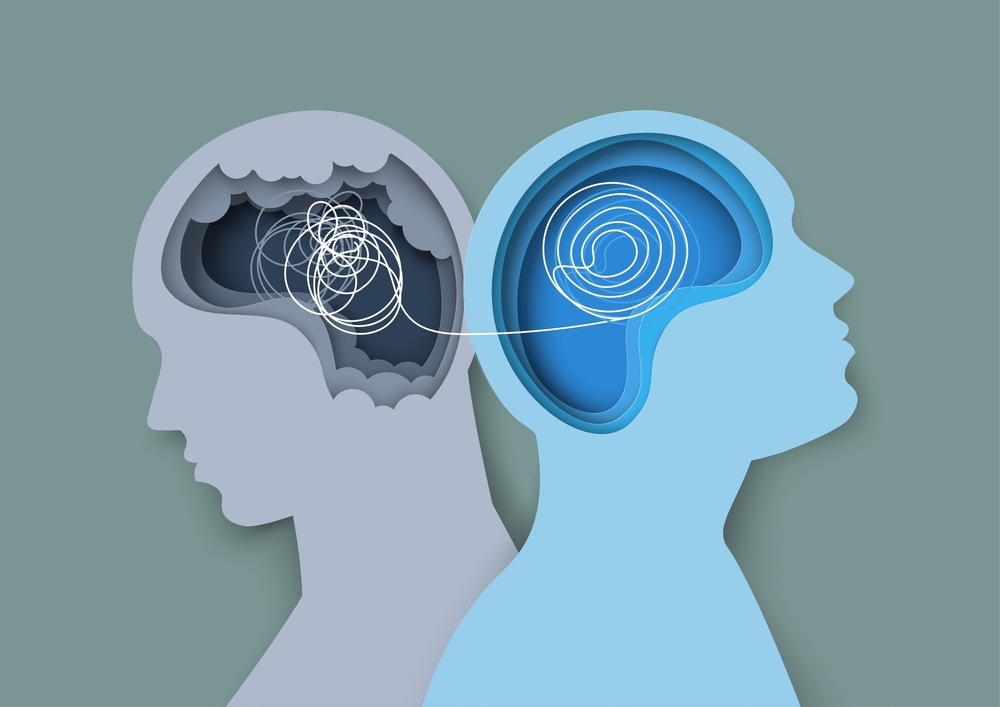Become a listener no experience: Mental health concerns are on the rise in India, and yet, countless people continue to suffer in silence due to stigma, lack of access, or fear of judgment. In these moments, having someone to simply listen can make all the difference. That’s where mental health listeners step in—compassionate individuals who offer support, empathy, and presence.
If you’re wondering how to help but think you lack the right experience or education, here’s the good news: you don’t need prior experience to become a mental health listener. All you need is empathy, willingness to learn, and a desire to support others.
Who Can Be a Mental Health Listener?
The role of a mental health listener isn’t limited to psychologists or trained therapists. In fact, peer listeners are often everyday individuals—students, homemakers, professionals, or retirees—who have learned the essential skills to support someone emotionally.
You can become a mental health listener even if:
- You’ve never studied psychology
- You have no experience with counseling
- You’ve never volunteered before
Organizations like Curotiva provide beginner-friendly programs that guide you step by step.
Why Listening Matters in Mental Health Support
Many people don’t need solutions—they need understanding. Active listening:
- Helps people feel heard and validated
- Reduces emotional distress
- Builds a bridge toward healing and self-awareness
- Encourages individuals to seek further help if needed
Sometimes, your presence and silence can speak louder than words. That’s the heart of emotional support.

How You Can Start with Zero Experience
1. Join a Structured Listener Training Program
Several platforms in India offer online programs designed for beginners. Curotiva, for example, has a listener training initiative where you can:
- Learn the basics of active listening
- Understand how to handle emotional conversations
- Practice empathy, confidentiality, and non-judgment
- Get guidance and mentorship from experienced professionals
Programs like iCall from Tata Institute of Social Sciences also offer valuable training and community engagement.
These programs don’t expect you to be an expert—they’re built to teach you the skills from scratch.
2. Practice Empathy in Daily Life
Even before formal training, start by being more present in your everyday interactions:
- Listen without interrupting
- Reflect back what someone says to show you understand
- Avoid offering immediate advice or judgment
- Create a safe space for others to share
Being emotionally available is a skill you can build with intention and consistency.
3. Join a Peer Support Group or Community
Many online platforms and mental wellness communities offer spaces where beginner listeners can volunteer and learn alongside others. Curotiva provides opportunities to practice listening in real-world support settings—with supervision and feedback.
Being part of a listener community helps build confidence and gives you a support system as you grow.
4. Use Free Resources to Learn More
While structured training is valuable, there are also free resources available online. Podcasts, blogs, and YouTube channels on topics like:
- Empathy and emotional intelligence
- Mental health awareness in India
- Crisis communication
can give you additional insight and context to enhance your listening abilities.
Platforms like The Mind Clan curate accessible and culturally relevant content around mental well-being that is beginner-friendly.
What You’ll Learn as a Listener
Even with no background, you’ll gain essential life skills as a mental health listener:
- Active Listening – being fully present without distraction
- Empathy – understanding another’s feelings without judgment
- Emotional Boundaries – knowing how to care while protecting your own well-being
- Communication Skills – responding calmly and helpfully during sensitive moments
- Referral Awareness – recognizing when someone may need professional help
These skills are not just helpful for volunteer work—they’ll also improve your personal and professional relationships.
Final Thought Become a listener no experience
You don’t need a degree, years of experience, or formal counseling background to make a difference. What you need is a heart that cares, the ability to be present, and a commitment to learn.
As a mental health listener, you’ll support others in their most vulnerable moments—and sometimes, that support can be life-changing. Whether you’re helping someone navigate anxiety, grief, or simply a bad day, your listening can offer strength, safety, and hope.
Start your journey with Curotiva and become a trained listener today
Even without experience, you already have what it takes—your empathy. The rest, you can learn.
Learn more about mental health through our related content, designed to support your journey toward understanding and healing.
Understanding the Different Types of Mental Disorders
Recognizing the Symptoms of Mental Illness: A Guide to Early Awareness

